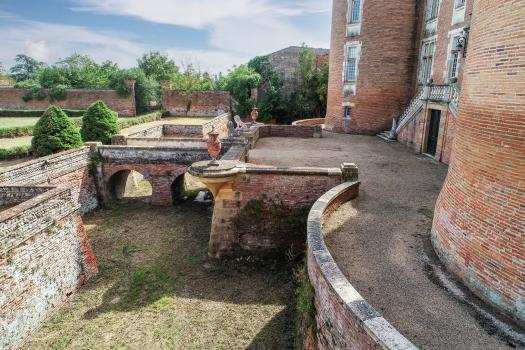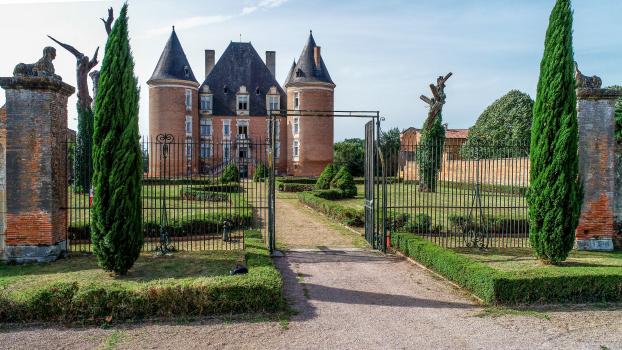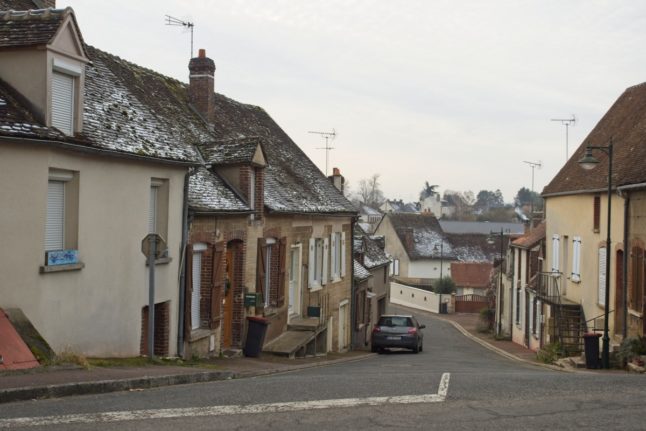The beautiful 16th-century Chateau De Saint-Elix, half-an-hour from Toulouse’s Blagnac airport, will be sold in a 24-hour online auction, starting on Tuesday, June 21, at 1pm and running until Wednesday, June 22, at 1pm.
Built between 1540 and 1549, the Renaissance-style building is a Historic Monument and has been twice put up for sale in recent years – in 2014 and 2018 – without success.
Now owned by the French State, the 2,000 square metre building, complete with four romantic towers, a recently renovated slate roof and nearly 3 hectares of land is again back on the market.
You can even take a virtual tour of the building, which has 25 good-sized rooms, including 14 bedrooms, spread over three levels.
The starting price for the auction is set at €750,000.
Potential vendors should also keep in mind the extra costs of buying property in France, from taxes to notaire fees. We imagine the heating bill would be quite hefty in the winter too.
READ ALSO The ‘hidden extra costs of buying property in France
Saint-Elix has a rich past. It was notably the home of the Marquis de Montespan after his wife became mistress to Louis XIV. It was partially destroyed in the Revolution.

More recently, it was listed as a historic monument in 1927, but was ravaged by fire in 1945.
In the 1980s the castle underwent a vast renovation project that lasted eight years.
The pleasure garden is listed in the pre-inventory of remarkable gardens. The park, the regular garden, orangery, enclosing walls, stables, basin and dovecote were also registered as historic monuments in 1994.
Full details of the property are available here. More detailed information, including legal requirements for the purchaser, is available as a series of pdf documents here.

It should be noted that any non-France resident interested in purchasing the property must supply an avis juridique – translated into French attesting to that they have the legal and financial requirements for buying and owning the property, on top of all other necessary documents.



 Please whitelist us to continue reading.
Please whitelist us to continue reading.
Perhaps worth noting that this amazing property is a familiar sight for regular users of the A64 autoroute; for all its grandeur, the château is only a few hundred metres away from one of the South-West’s main traffic arteries.